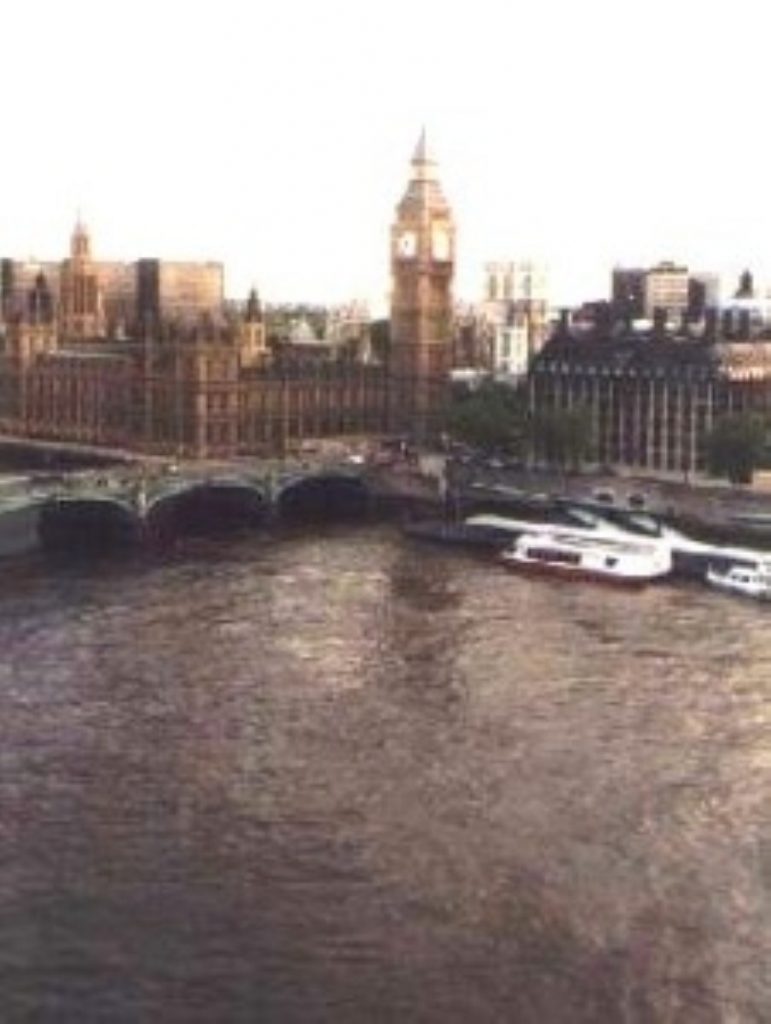Postal voting stalemate continues
The government and the House of Lords remain locked in a battle over proposals to extend a trial of postal votes to four regions of England this summer.
Peers yesterday voted against trials in the North West and Yorkshire and the Humber.
Opposition peers want the scheme, planned for the local and European elections this June, confined to the East Midlands and the North East.
Yesterday marked the third Lords defeat for the plans and time is now running out for ministers, who must get the legislation passed in time for ballots to be sent out.


Parliament rises for its Easter break on April 1st and nominations for the elections close on May 13th, so the government now has just two weeks to either concede defeat or get the bill through the Lords.
Opponents of the voting scheme have raised concerns about the security of postal votes and the issue of having the North of the country voting via a different system to the South.
The Electoral Commission recommended carrying out the pilot scheme in just the North East and East Midlands, but the government is determined to operate the scheme in four regions.
Liberal Democrat peer Lord Rennard said: “On this issue, the government should abide by the position taken by the Electoral Commission and avoid accusations of gerrymandering.”
The local council and European Parliament elections are due to take place on June 10th this year and, if the pilot postal scheme goes ahead in all four regions, 14 million voters would be affected.
A constitutional affairs department spokesman said: “The government is clear that it wants to pilot all-postal voting in four electoral regions during the June elections. This would make the most of this important opportunity to gather information which will be crucial to the development of electoral systems which are better suited to the needs of modern work patterns and lifestyles.”
The Lords voted 135 to 106, a majority of 29 to return the European parliamentary and local elections (pilots) bill to the Commons in an opposition move to refer the issue to the independent Electoral Commission with the option to choose a possible third European parliament regional constituency – either the North West or Yorkshire and the Humber.
MPs are expected to debate the latest decision next week. The government insists it has offered a concession to opponents concerned about fraud by including a declaration of identity, which must be witnessed, on each of the ballot papers.
Only six councils in the East Midlands and North East have elections this year, while more than 40 councils with elections this year are covered by the North West and Yorkshire and the Humber.
All-postal voting trials have already happened in smaller areas of the UK. Voter turnout in the 1999 European election was just 23 per cent.

